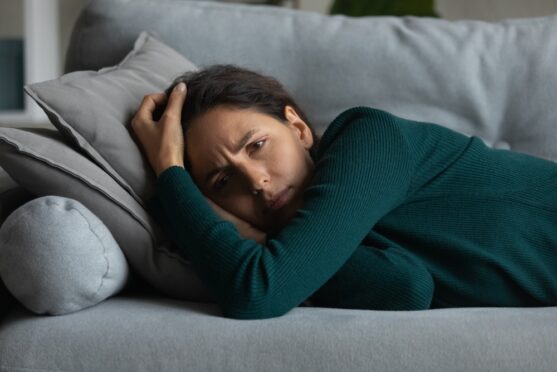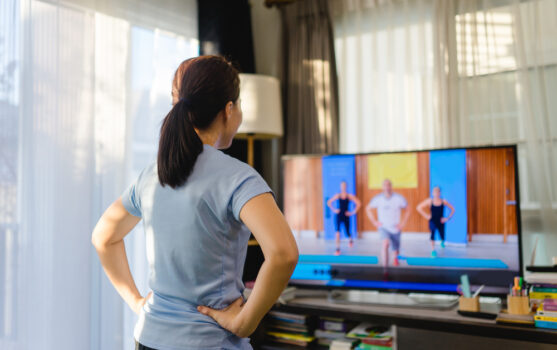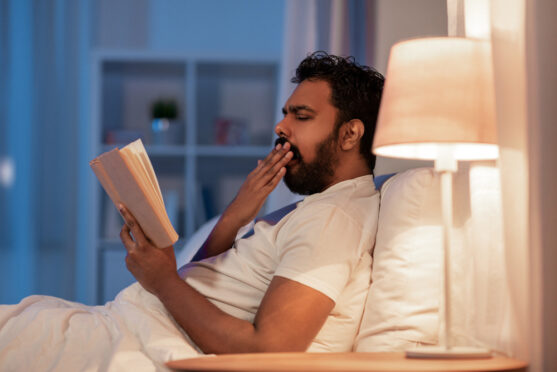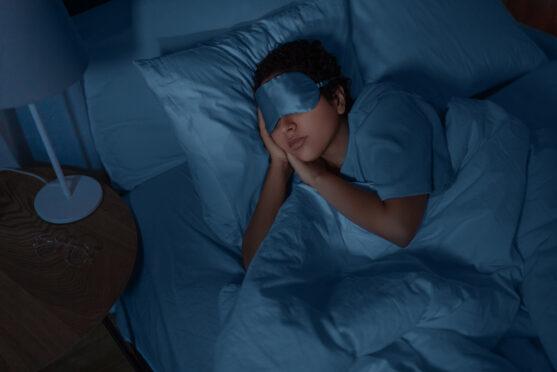Cancer patients often complain that they have trouble falling asleep at night, suffer from disturbed sleep and poor sleep quality. While anxiety and stress from cancer can be a major contributing factor to sleep problems, certain cancer medications could also be the reason for this.

Do all cancer drugs cause insomnia?
Not all cancer drugs cause problems with sleep. Check with your doctor if any of the drugs prescribed for you are expected to interfere with your sleep patterns.
Certain anti-emetic drugs may cause drowsiness during the day, which in turn affects your sleep at night. Certain chemotherapy drugs may also lead to fatigue, which may result in more hours of sleep during the day and less at night. Medication containing steroids may keep you energised and sleepless past your bedtime.
Drugs unrelated to cancer, like anti-depressants, beta blockers for high blood pressure, allergy medication, medication for asthma etc can also cause sleep problems.
Other causes of insomnia
There can be other reasons for your insomnia apart from your cancer medication. Here are some of these reasons:
Stress

A cancer diagnosis can cause severe stress and anxiety to the patient as well their caregivers, family and friends. A cancer counsellor can help you manage your stress through relaxation techniques, mindset training, or even medication.
Daily schedule
If you have been travelling for treatment or have to visit the hospital several times, it can affect your daily routine. This can lead to trouble with falling asleep at your usual time, and can also affect the quality of sleep.
Food habits
If you have been eating too late in the evening, it can affect your sleep. Consumption of caffeinated products like coffee, tea or cool drinks may also lead to insomnia.
Consumption of nicotine, in the form of cigarettes or chewable products can prevent you from falling asleep. On the other hand, alcohol may help you fall asleep but it prevents you from entering the deeper stages of sleep, and often causes you to wake up before daybreak.
Lack of activity
Remaining physically active during the day helps you fall asleep. If you have been sitting or laying down for most parts of the day, you might struggle to fall asleep at night.

Meeting more people, experiencing mental activities like problem solving, or learning, can also help you sleep better.
Health problems
You may be suffering from problems unrelated to cancer, like sleep apnea, asthma, thyroid disorders etc. These might be preventing you from falling asleep.
How do I know if I have insomnia?
Here’s a simple checklist to help you know if you suffer from insomnia:
- Have you had trouble sleeping for at least three nights in the last one week?
- Has this problem persisted for a month or more?
- Are you finding it hard to fall asleep?
- Are you waking up multiple times each night?
- Do you usually wake up very early and then struggle to fall asleep again?
- Do you always feel tired after you wake up from your sleep?
- Do you feel so tired during the day that you can neither concentrate nor fall asleep?
If you have answered yes to most of the above questions, then you may be suffering from insomnia. Speak with your doctor so that they can help you manage this condition better.
What should I do to get better sleep?
Your doctor can prescribe medications to help you. But there are also some things you can do to improve your sleep.
Relaxation

Chamomile tea may help you sleep
Performing relaxation routines daily before bedtime can help you fall asleep more easily. Here are something you can try:
- Taking a relaxing bath before bedtime
- Using aromatic oils like lavender in diffusers, or for gentle massages
- Drinking soothing drinks like camomile tea or malted milk before bedtime
- Dimming the lights closer to bedtime, and avoiding distractions like TV screens or loud music
- Placing your phone is another room to avoid distractions
- Avoiding upsetting conversations, or bad news in the second half of your day
- Trying Hypnosis, guided imagery and other techniques to induce sleep
- Trying deep breathing exercises
Routine
Setting a routine that you follow daily at bedtime can help you sleep better. For example, your routine may involve a relaxing bath, followed by a skin care routine, listening to soothing music and then falling asleep. Sticking to the same routine sends the right signals to the brain.

Also exercising and taking your meals at the same time daily helps you sleep better. Avoid exercising too close to bedtime. Have a lighter meal before bedtime.
Setting

Create a comfortable and cozy atmosphere in your bedroom.
- Ensure there is darkness at bedtime. Use thick curtains to prevent light from entering the room.
- Use an eye mask if required.
- Ensure the temperature in your bedroom is suitable, and not too hot or cold.
- Use clean sheets for your bed, and a fluffy pillow to stay comfortable at night.
- Ensure there is silence in the bedroom.
Medication
If the problem persists, your doctor may prescribe vitamins, melatonin supplements, pain relief medication (in case pain is causing your insomnia) or medication to help you sleep better. Here are some of the drugs usually prescribed for cancer patients with sleep problems:
- Antidepressants
- Benzodiazepines
- Hypnotics
- Antihistamines
- Barbiturates
Things to avoid
- Coffee or caffeinated drinks before bedtime
- Heavy exercise close to bedtime
- Heavy meals close to bedtime
- Alcohol and sugary beverages
- Taking too many naps during the day
- Using your bed for activities not related to sleep, like studying or watching TV
- Using electronic devises like laptops, tablets and mobiles before bedtime.

